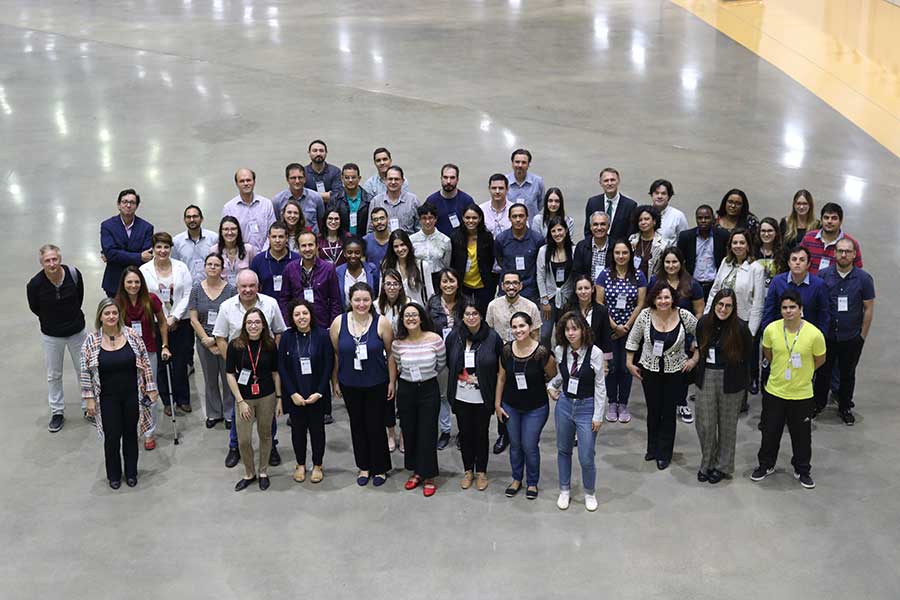Global Challenge Research Funding case study
Using Nano/biotechnology for Groundwater Remediation in Brazil

Sao Paulo in Brazil suffers from some significant levels of groundwater contamination. 70% of Sao Paulo's inhabitants depend on groundwater as the main source of water supply. Unplanned urbanisation and rapid industrial development has had a detrimental effect on the water quality and availability. Managing sustainable access to clean water is of primary importance for areas with known water pollution challenges. Nanoremediation is a new nano-based technology for groundwater clean up which has proven to be highly effective. Application of this technology has the potential to provide significant cost saving in groundwater remediation projects and reduce the clean up time. Uptake of this technology could affect the livelihood of millions of Brazilians as contaminated water is known to adversely impact the livelihood and health of communities.
Led by Tannaz Pak, senior lecturer in petroleum engineering, and Stephen Cummings, Dean of Health and Life Sciences, a three-day workshop was convened to bring together academics and industry representatives to discuss the subject of Groundwater Remediation using Nano/biotechnology(GRUN), with a focus on the Contaminated Resources in Brazil. The event, at the Brazilian Centre for Research in Energy and Materials (CNPEM) in Campinas, SP (June 24th-26th, 2019) brought together over 70 participants from six Brazilian companies, the environmental agency of Sao Paulo, and academics from 24 universities across Brazil. It aimed to raise awareness groundwater remediation technology and develop a platform to pave the way towards implementation of this technology in Brazil.
Next steps
Follow up activities will include the development of the first project to implement groundwater remediation using nanotechnology in Brazil. Since the conference we have continued discussions and produced plans for the first multi-site pilot scale nanoremediation project in Brazil. This involves: 1) the formation of a cross-sectoral focus group; 2) identification of key technology barriers for implementing nanoremediation in Brazil at field scale; 3) a comprehensive study of potential sites for a pilot scale nanoremediation process; 4) implementation of the nanoremediation test site to produce evidence which will feed into the policy making process; 5) development and implementation of a scale-up and impact plan.
 Teesside University to create ‘green corridor’ in the North
...
Teesside University to create ‘green corridor’ in the North
...